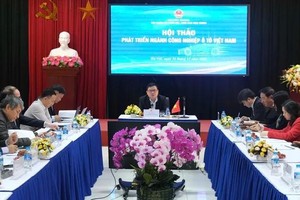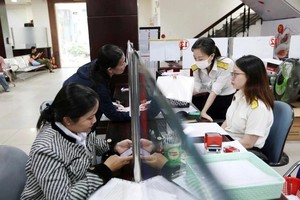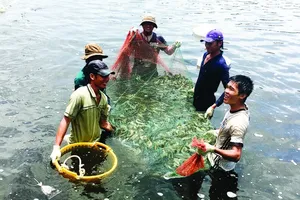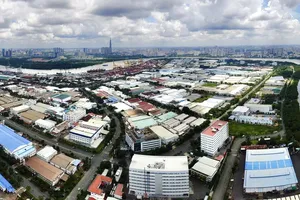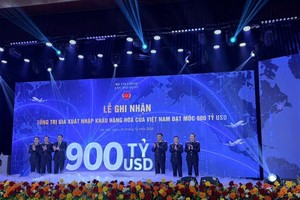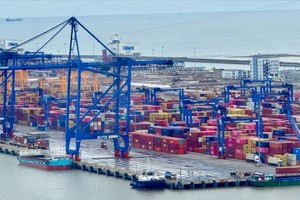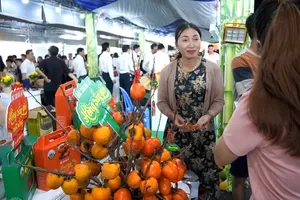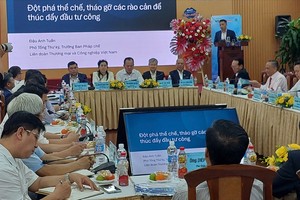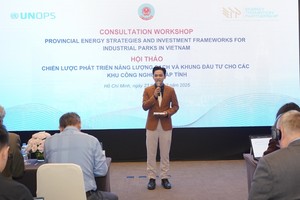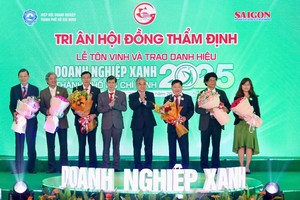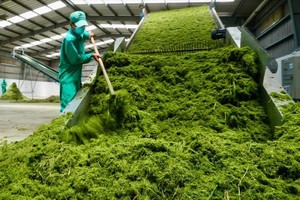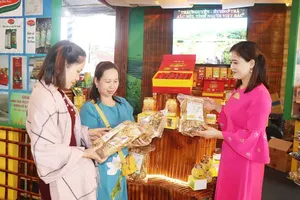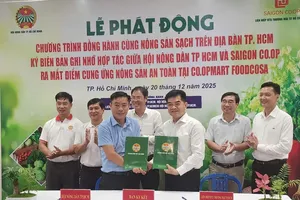The Ministry of Industry and Trade has recently released Directive 09/CT-BCT, aimed at enhancing the state management of inspection and oversight regarding the origin of goods in the current context.
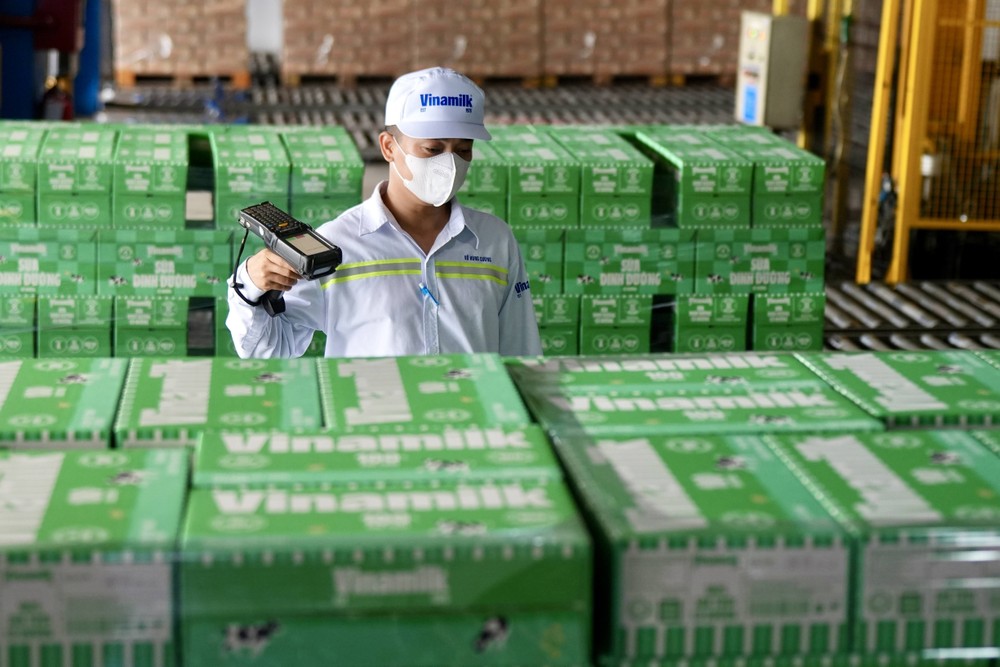
Businesses contend this measure is vital and urgent to safeguard the reputation of Vietnamese products amid tightening import regulations on product origin.
The scrutiny of product origins has become a pressing issue amid the onset of trade wars with trade defense investigations posing risks that can inadvertently impact many legitimate companies. The Ministry of Industry and Trade reported that in the first quarter of 2025, Vietnam faced three anti-tax evasion investigations initiated by the US and EU, specifically concerning wood, steel, and footwear sectors. A common factor among the businesses under investigation is their failure to maintain adequate and transparent traceability records.
Faced with the risk of origin fraud, the Ministry directed the Import-Export Department and related units to upgrade the eCoSys platform - the electronic certificate of origin issuance system. The upgrades aim to integrate abnormal transaction warnings, control issuance frequency, and improve data authentication capabilities. This digital transformation is a crucial step in managing origin verification transparently and non-disruptively for the legal supply chain.
Industry associations, based on practical experience in production, affirm that origin transparency is a prerequisite for sustaining market share in developed economies. For the textile and garment sector, a crucial export industry, the Vietnam Textile and Apparel Association (VITAS) has cautioned that businesses must adhere to emerging requirements from the US and EU concerning raw material origin and labor standards. Specifically, the US Uyghur Forced Labor Prevention Act and new EU regulations now require traceability down to the fabric level.
Vietnam's textile and garment industries rely heavily on imported materials from China, compelling businesses to prioritize supply chain transparency to stay competitive globally. Likewise, Vietnam's wood industry faces challenges stemming from the EU Regulation on Deforestation-free Products (EUDR) and the requirements outlined in the Voluntary Partnership Agreement on Forest Law Enforcement, Governance and Trade (VPA/FLEGT) - a legally binding trade agreement between the EU and a timber-exporting country outside the EU.
The Vietnam Timber and Forest Products Association said that businesses must not only prove legal origin but also provide logging coordinates, production methods and third-party certification. “Without a strong internal control system, even a small error can cause a shipment to be returned,” the association representative warned.
Meanwhile, the steel industry is a typical example of trade defense risks. A representative of the Vietnam Steel Association said that in the past 5 years alone, the industry has faced more than 80 investigations from importing countries. Without waiting for the Ministry of Industry and Trade to issue Directive 09/CT-BCT, some businesses have focused on investing in transparency in the origin of goods.
The tax exemption granted by the EU to Hoa Phat Dung Quat Steel was based on the successful demonstration that its input materials and production processes were entirely domestic and independent of the markets under investigation.
Meanwhile, General Director Pham Thiet Hoa of Saigon Agricultural Corporation revealed that the company controls everything from breeding, food to slaughter, not only ensuring quality but also proving the origin of each shipment. With a closed model, the company's products are highly appreciated by distribution systems in Japan and Korea, especially without encountering any problems in trade defense inspections.
Sales Manager Pham Bich Phuong at Sao Khue Food Company emphasized that standardizing all export documentation, from the cultivation area to the processing facility, is not merely a requirement but a tangible competitive advantage. She noted that the primary challenge for Vietnamese enterprises lies not in cost or competition, but in adapting to effectively communicate their products' origin to partners. International consumers, in addition to considering price and design, increasingly seek information about a product's provenance; accurate and compelling storytelling regarding origin can serve as a powerful promotion.
Vietnam has signed over 15 free trade agreements (FTAs), including the CPTPP and EVFTA. Therefore, ensuring transparency around the origin of goods is essential to take full advantage of tariff benefits and avoid trade defense actions. The origin of products can significantly impact the future of entire industries, making the decisions businesses make today crucial for their competitiveness in the future. By actively tracking the origin of their goods, Vietnamese companies can preserve their market share, enhance value, and sustainably expand into the global market.

